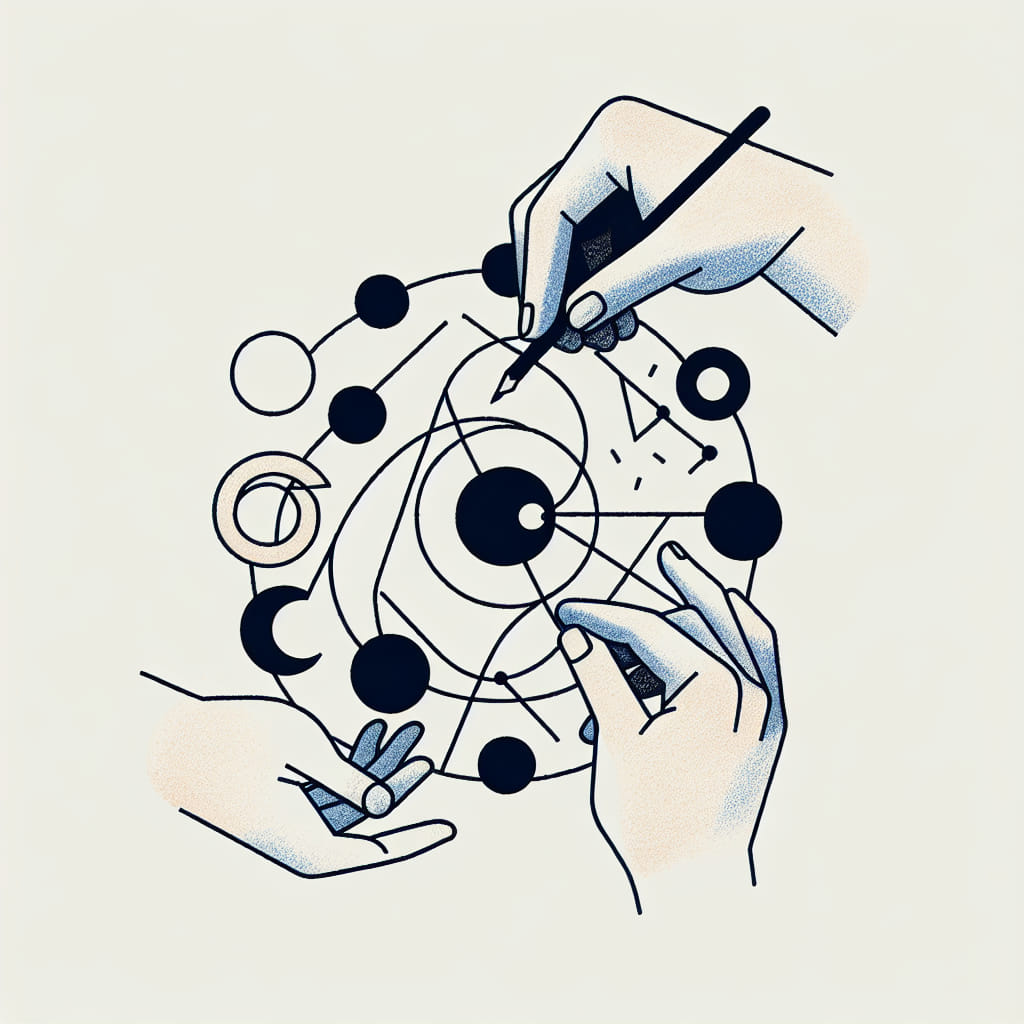· word of the day · 3 min read
Magari: Unlocking Italian Culture Through a Single Word
Discover the cultural richness and emotional depth of Italian with the word magari, a term that embodies hope, desire, and the Italian zest for life.

Learning a new language is like opening a door to a new world. Each word, phrase, and idiom you discover adds layers of richness and depth to your understanding. It’s not just about vocabulary; it’s about the culture, history, and nuances that come with it. Today, we’re diving into a fascinating word in the Italian language that will not only expand your lexicon but also give you a glimpse into the Italian way of thinking and living.
The Word: “Magari”
Pronunciation: [ma-ˈɡaː.ri]
“Magari” is one of those delightful Italian words that doesn’t have a direct translation in English but carries a wealth of meaning and cultural significance. Depending on the context, “magari” can mean “maybe,” “I wish,” “if only,” or “wouldn’t it be nice.”
Cultural Significance
“Magari” is a word that perfectly captures the Italian spirit of optimism and hope. It’s often used to express a desire or a wishful thinking. Italians are known for their passion and zest for life, and “magari” is a word that encapsulates that beautifully. It’s a word that conveys not just a possibility, but a longing for something better, a hope for a brighter future.
Examples of Usage
Expressing a Wish:
- English: I wish I could go to Italy.
- Italian: Magari potessi andare in Italia.
Expressing a Possibility:
- English: Maybe it will rain tomorrow.
- Italian: Magari domani piove.
Expressing Hope:
- English: Wouldn’t it be nice if we won the lottery?
- Italian: Magari vincessimo la lotteria!
Idiomatic Expressions
“Magari” is often used in various idiomatic expressions that you might hear in everyday conversation:
Magari fosse vero!
- English: If only it were true!
- This expression is used to convey a strong desire for something to be true, often when you know it’s unlikely.
Magari avessi più tempo!
- English: I wish I had more time!
- This is a common lament when someone is feeling the pressure of too many commitments and not enough hours in the day.
Role in Literature and Folklore
In Italian literature and folklore, “magari” often appears in contexts that highlight the human condition and the longing for something better. It’s a word that poets and writers use to express deep emotions and desires. For instance, in the works of renowned Italian authors like Italo Calvino and Luigi Pirandello, you’ll find “magari” used to convey the characters’ deepest wishes and dreams.
Enriching Your Language Learning
Learning words like “magari” can significantly enrich your language learning experience. It’s not just about adding a new word to your vocabulary; it’s about understanding the cultural context and the emotional undertones that come with it. “Magari” is a word that invites you to think about possibility, hope, and desire—all essential aspects of the human experience.
By incorporating such words into your vocabulary, you can communicate more authentically and connect more deeply with native speakers. It also allows you to appreciate the beauty and complexity of the Italian language, making your learning journey more enjoyable and rewarding.
Conclusion
Exploring words like “magari” opens up a new dimension in your language learning journey. It’s a small word with a big heart, full of hope and possibility. As you continue to learn Italian, keep an eye out for these unique words and phrases that offer a deeper understanding of the language and the culture.
If you’re eager to dive deeper into the world of Italian words and phrases, consider downloading Glosa, an app designed to make learning Italian fun and engaging. Download Glosa and start your journey towards mastering Italian today!
Happy learning, and magari you’ll become fluent in Italian soon!




